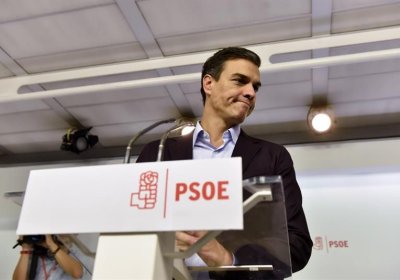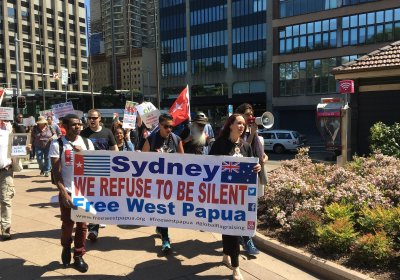The federal government's much-vaunted parliamentary inquiry into the banking system was correctly called "a farce" by Labor MP Pat Conroy on October 4, the first day of a three-day hearing in Canberra. Conroy said: "I have two days of questions here" but no time to ask them.
The inquiry was an attempt by the government to deflect growing calls for a royal commission into the banking system.










